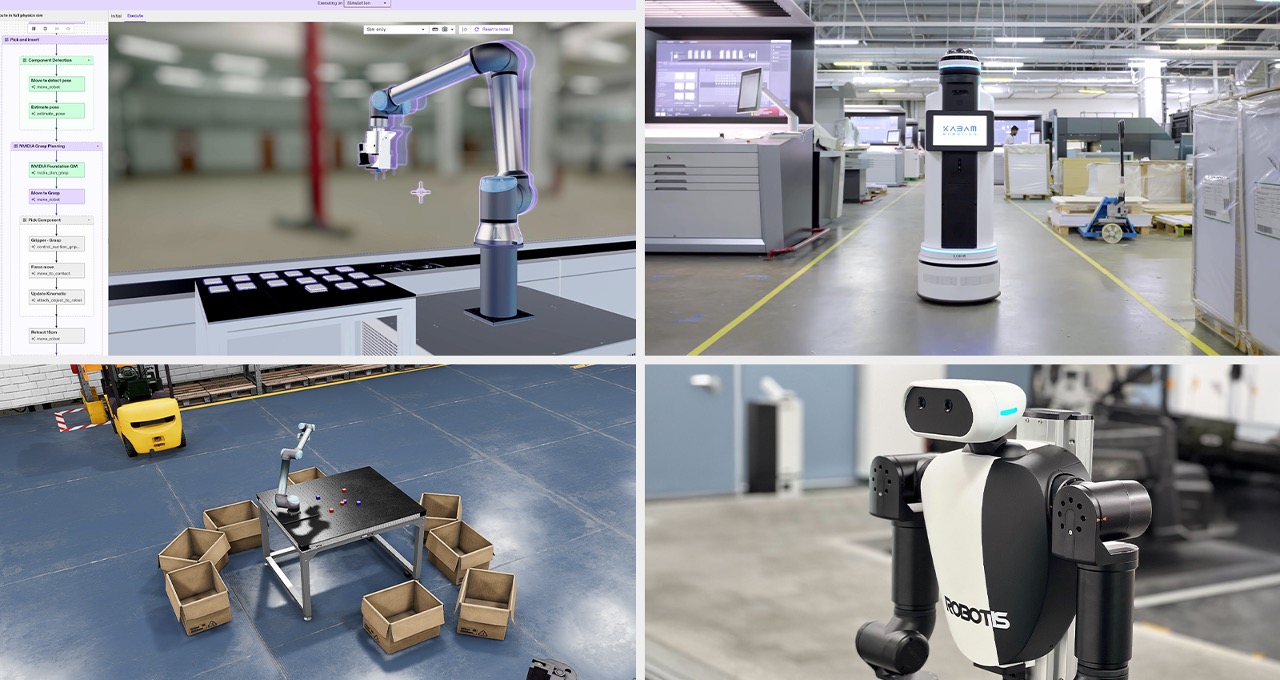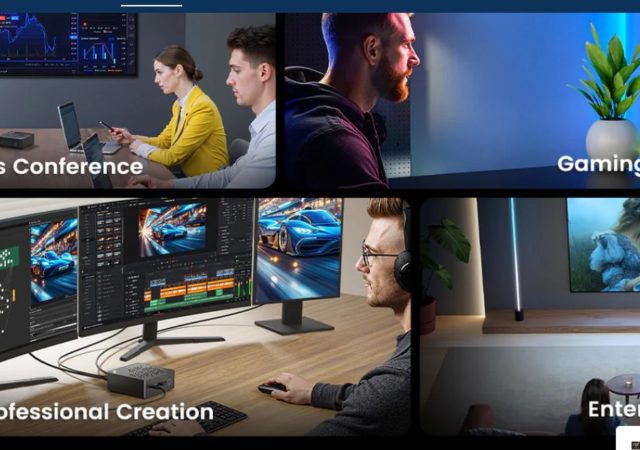The global robotics community gathered in Singapore for ROSCon 2025, the annual developer conference dedicated to the open-source Robot Operating System (ROS) framework, with the presence of NVIDIA who detailed new collaborations, software tools, and technical contributions designed to accelerate the development and deployment of real-world robotics.
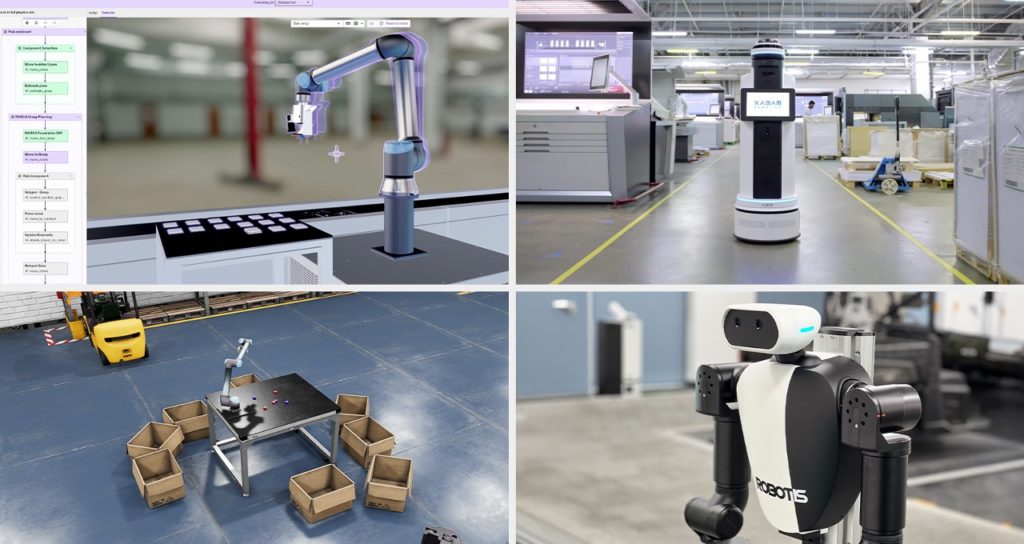 A highlight of the event was NVIDIA’s support for the Open Source Robotics Alliance (OSRA) and its new Physical AI Special Interest Group, which aims to improve real-time robot control, AI processing, and the development of advanced tools for autonomous systems. The effort underscores NVIDIA’s commitment to making ROS 2 a robust, high-performance foundation for future robotics applications.
A highlight of the event was NVIDIA’s support for the Open Source Robotics Alliance (OSRA) and its new Physical AI Special Interest Group, which aims to improve real-time robot control, AI processing, and the development of advanced tools for autonomous systems. The effort underscores NVIDIA’s commitment to making ROS 2 a robust, high-performance foundation for future robotics applications.
NVIDIA’s contributions extend to the core of ROS 2 itself, adding GPU-aware abstractions that enable the framework to manage both CPUs and GPUs efficiently. This enhancement ensures consistent, high-speed performance across hardware platforms and helps ROS adapt to the rapid evolution of computing architectures in robotics.
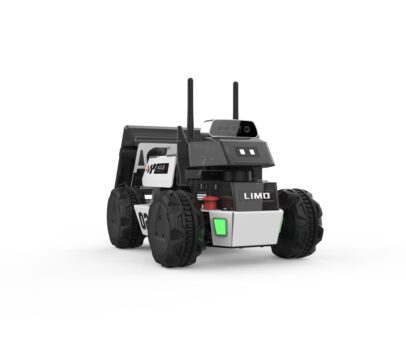 Developers also gained access to Greenwave Monitor, an open-source performance analysis tool from NVIDIA that helps identify bottlenecks and improve reliability in robot systems. Additionally, the company launched Isaac ROS 4.0, a major update that introduces GPU-accelerated libraries and AI models optimized for the NVIDIA Jetson Thor platform. The release allows developers to leverage CUDA acceleration for real-time robot manipulation and mobility.
Developers also gained access to Greenwave Monitor, an open-source performance analysis tool from NVIDIA that helps identify bottlenecks and improve reliability in robot systems. Additionally, the company launched Isaac ROS 4.0, a major update that introduces GPU-accelerated libraries and AI models optimized for the NVIDIA Jetson Thor platform. The release allows developers to leverage CUDA acceleration for real-time robot manipulation and mobility.
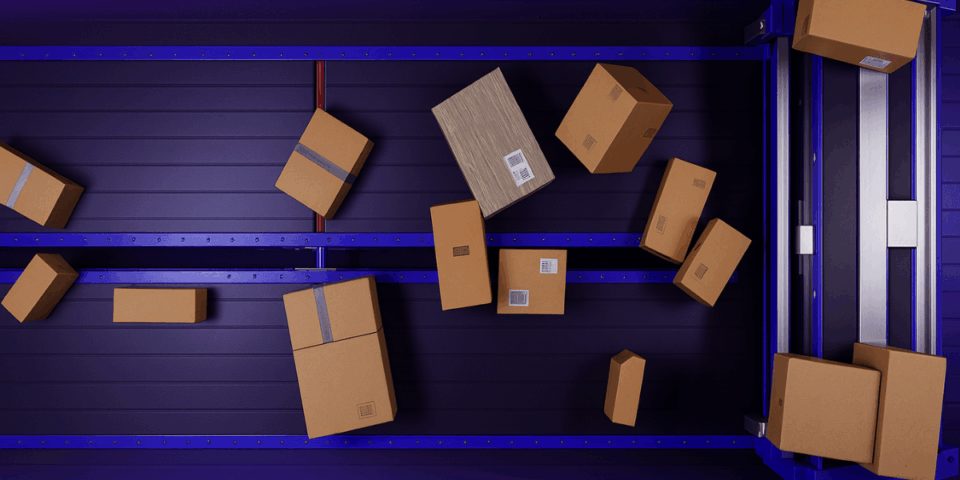 Across the industry, NVIDIA’s open-source and hardware ecosystem continues to influence how developers build and test robots. Companies such as AgileX Robotics, Canonical, Ekumen Labs, Intrinsic, KABAM Robotics, Robotec.ai, ROBOTIS, and Stereolabs are all tapping into NVIDIA technologies, from Jetson modules and Isaac Sim to Omniverse-based simulation and AI model deployment, all to advance capabilities in autonomy, simulation, and perception.
Across the industry, NVIDIA’s open-source and hardware ecosystem continues to influence how developers build and test robots. Companies such as AgileX Robotics, Canonical, Ekumen Labs, Intrinsic, KABAM Robotics, Robotec.ai, ROBOTIS, and Stereolabs are all tapping into NVIDIA technologies, from Jetson modules and Isaac Sim to Omniverse-based simulation and AI model deployment, all to advance capabilities in autonomy, simulation, and perception.
By deepening its role in the ROS ecosystem and fostering collaboration with leading robotics developers, NVIDIA is helping shape the next generation of intelligent, adaptive machines built on open standards and accelerated computing.


